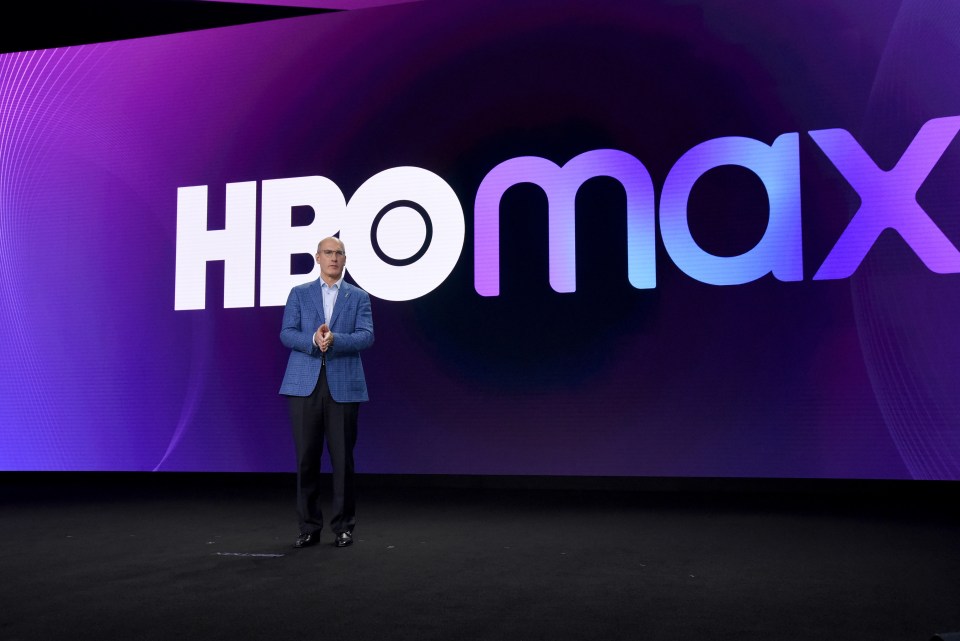
HBO Max is a mess -- but it's still a smart bet on HBO’s future
by Devindra HardawarConfusion and HBO Max practically go hand-in-hand. When AT&T's WarnerMedia announced the streaming service last year, it was hard to tell if it was going to be an additional charge for existing HBO Now and cable subscribers. It took a few more months for us to learn that it would basically be an evolution of HBO Now with the same $14.99-a-month price. Even I, a well-informed media follower, didn't realize Max would automatically replace HBO Now's app on my iPhone and Apple TV until the service launched this past Wednesday.
So it's no wonder the collective response to HBO Max on social media has simply been: "Huh?" Like many other news sites, Engadget put together a lengthy explainer to make sense of the service. But that shouldn't be necessary -- not for a marquee product coming from AT&T, one of the world's most successful corporations. It's clear that WarnerMedia, out of some combination of hubris and incompetence, simply failed to communicate. We only learned at the last minute that HBO Max wouldn't be coming to Roku and Amazon Fire TV devices at launch. And WarnerMedia didn't lock in a Comcast partnership until after HBO Max launched.
But here's the thing: These missteps won't matter in the long run. This isn't a Quibi situation, a fundamentally flawed service that has no place in the current media landscape. HBO Max is everything HBO already offered, plus exclusive shows and films from the Warner library. It's also the only place you can stream Friends, South Park and Studio Ghibli titles in the US. (Netflix nabbed Ghibli rights elsewhere, excluding Canada and Japan.) Even if you're not obsessed with HBO's shows, there's a wealth of content that makes a Max subscription worthwhile.
You can think of HBO Max as WarnerMedia’s $4 billion bet on the future. It's a unified streaming platform that does away with the confusing need for separate apps. (Previously, cable subscribers used HBO Go while digital-only customers used Now.) Instead of just competing with other premium networks like Showtime, HBO Max is taking aim at Disney+, Netflix and Hulu. And based on its existing content alone -- including cinephile-friendly Turner Classic Movies and geek-friendly Crunchyroll anime -- HBO Max is better poised than Apple TV+ to be a major streaming player.
That's a good thing for AT&T, as it needs to prove that its $85 billion Time Warner acquisition was actually a success. But there's still plenty of work ahead. For one, WarnerMedia needs to add Roku and Fire TV support as soon as possible. (Roku representatives wouldn't comment when asked about HBO Max.) It also needs 4K and HDR support, both of which are major quality advantages for Disney+ and Netflix. Lastly, HBO Max needs to be broadly available to every cable subscriber. Currently, it supports major providers like Charter, Verizon, Optimum and Cox.
In the long run, HBO Max needs to step up its original content even further to justify the high $14.99 monthly cost. (For reference, Disney+ starts at $7 a month, while Netflix's standard monthly plan costs $13.) It’s launching with six originals, like the romantic comedy Love Life and an Elmo talk show, but none of it is exactly "must watch TV." The Friends reunion could have been a big draw at launch, but that was delayed because of the COVID-19 epidemic.
WarnerMedia had previously planned to launch 50 original shows during the first year, but it's unclear if that will actually happen. At this point, the service is banking heavily on HBO's already strong original lineup. But the network is still trying to find its next Game of Thrones, and its more limited selection of shows can't compete with the deluge of Netflix offerings.
To be clear, I’m not excusing HBO Max’s messy launch. WarnerMedia deserves all of the criticism it’s getting, and it could have avoided plenty of headaches by securing partnerships ahead of time, and reaching out to its customers more. But the real story of HBO Max lies ahead, in a future where every media company will need a marquee service to stay relevant.